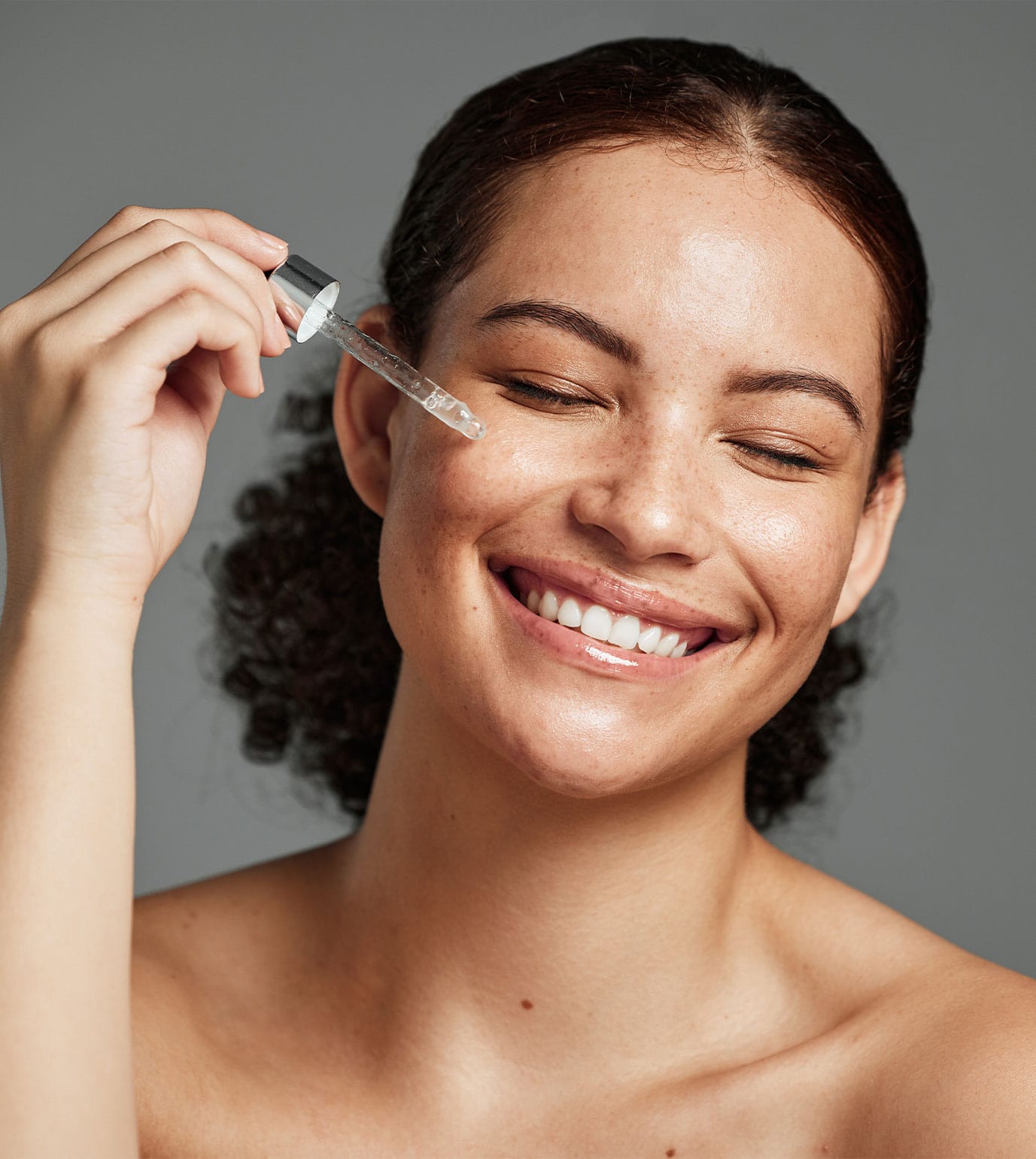Choosing the right sunscreen for your skin type is crucial for maintaining healthy skin and protecting it from the harmful effects of UV radiation. With countless options available in the market, finding the perfect sunscreen can be overwhelming. However, understanding your skin type and the various sunscreen formulations can simplify the process and help you make an informed decision. In this guide, we’ll delve into the factors to consider when selecting sunscreen tailored to your specific skin type.
-
Understanding Your Skin Type
To effectively choose the best sunscreen, it is essential to identify your skin type. There are five main skin types: normal, dry, oily, combination, and sensitive. Each skin type has unique characteristics, and understanding them will help you determine the best sunscreen formula for your needs.
- Normal skin: Normal skin types typically have a good balance of moisture, are not overly oily or dry, and are less prone to sensitivity or breakouts. For normal skin, you have the flexibility to choose from a wide range of sunscreen formulations. Look for a broad-spectrum sunscreen with an SPF of 30 or higher. Consider lightweight lotions, creams, or gels that absorb easily into the skin without leaving a greasy residue. Products labeled as “for all skin types” or “daily use” are suitable choices. Additionally, you may opt for tinted sunscreens for added complexion enhancement and protection.
- Dry Skin: Dry skin requires extra hydration and protection from moisture loss, especially when exposed to the sun. Look for sunscreens with moisturizing ingredients such as hyaluronic acid, glycerin, shea butter, or ceramides. These ingredients help replenish moisture and strengthen the skin’s natural barrier function. Choose cream or lotion formulations that provide long-lasting hydration without feeling heavy or greasy on the skin. Consider sunscreens labeled as “hydrating” or “nourishing” for added moisturization and comfort throughout the day.
- Oily Skin: Oily skin tends to produce excess sebum, leading to a shiny complexion and increased risk of acne breakouts. When selecting sunscreen for oily skin, opt for oil-free or non-comedogenic formulas that won’t clog pores or contribute to further oiliness. Look for lightweight, mattifying sunscreens that provide a shine-free finish. Gel-based or oil-control formulations are excellent choices for oily skin types. Consider sunscreens with ingredients like niacinamide or salicylic acid, which help regulate oil production and minimize pore congestion.
- Combination Skin: Combination skin presents a unique challenge as it features both oily and dry areas on the face. To address this, consider using different sunscreens for various parts of your face. Use lightweight, oil-free formulations on oily areas such as the T-zone, while opting for richer, moisturizing sunscreens on drier areas like the cheeks. Alternatively, you can choose multi-tasking sunscreens designed specifically for combination skin. Look for products that offer balanced hydration without exacerbating oiliness or dryness
- Sensitive skin: Sensitive skin is prone to irritation, redness, and allergic reactions, especially when exposed to harsh chemicals or fragrances. When choosing sunscreen for sensitive skin, prioritize gentle, hypoallergenic formulations that are free from potential irritants. Opt for physical or mineral sunscreens containing zinc oxide or titanium dioxide, which provide broad-spectrum protection without causing irritation. Look for sunscreens labeled as “fragrance-free,” “sensitive skin,” or “dermatologist-tested.” Perform a patch test before applying sunscreen to your entire face to ensure compatibility and minimize the risk of adverse reactions.
Conclusion
Finding the best sunscreen for your skin type is a combination of understanding your skin’s unique needs and considering important factors like SPF, water resistance, and active ingredients. By selecting a sunscreen that suits your skin type and lifestyle, you can confidently enjoy the sun while safeguarding your skin from harmful UV rays. Remember to always prioritize sun protection and make sunscreen a vital part of your daily skincare routine.


